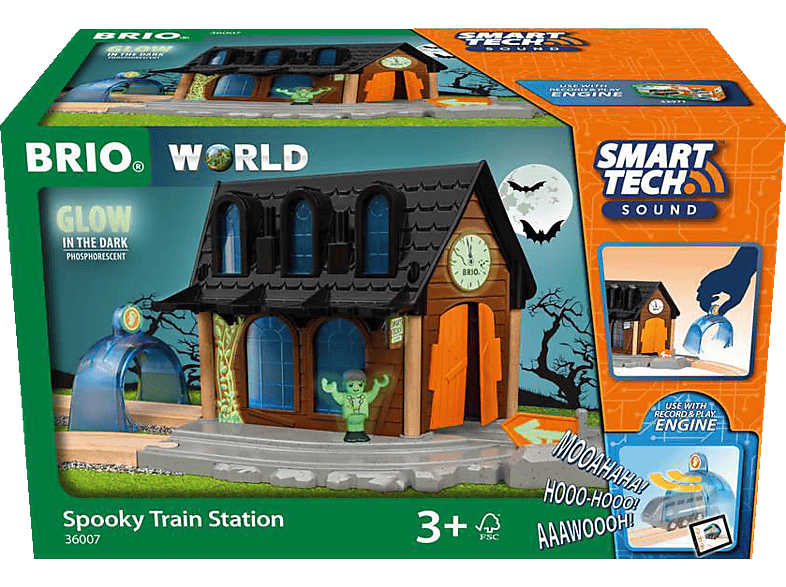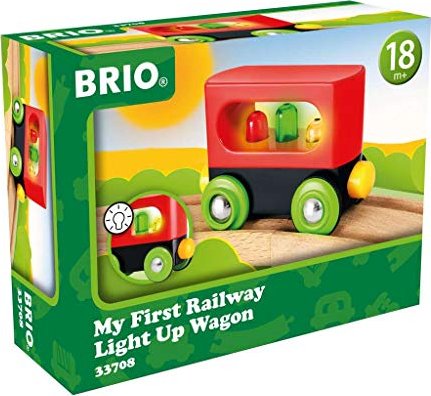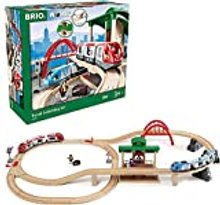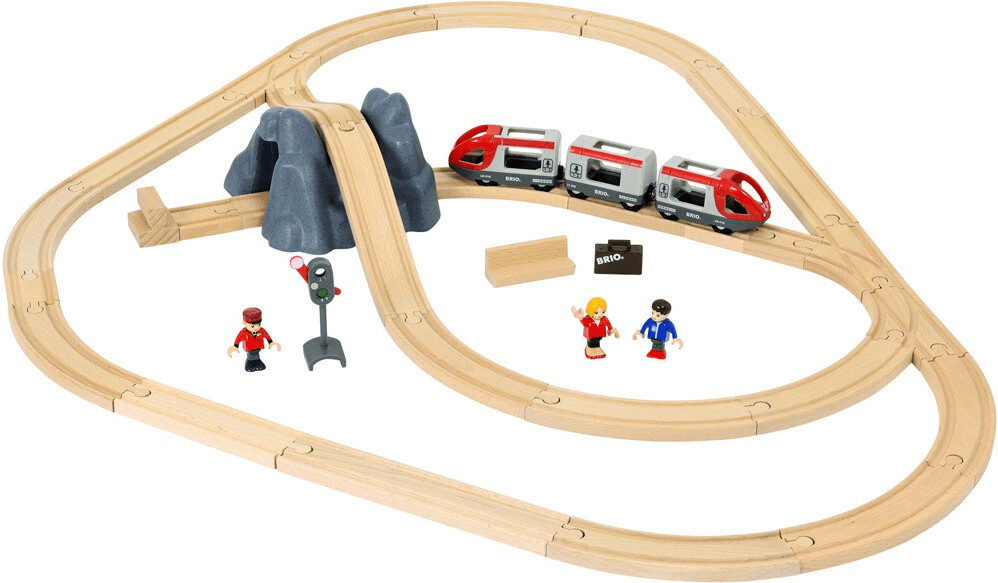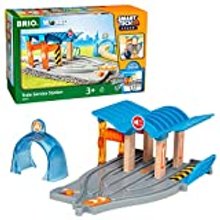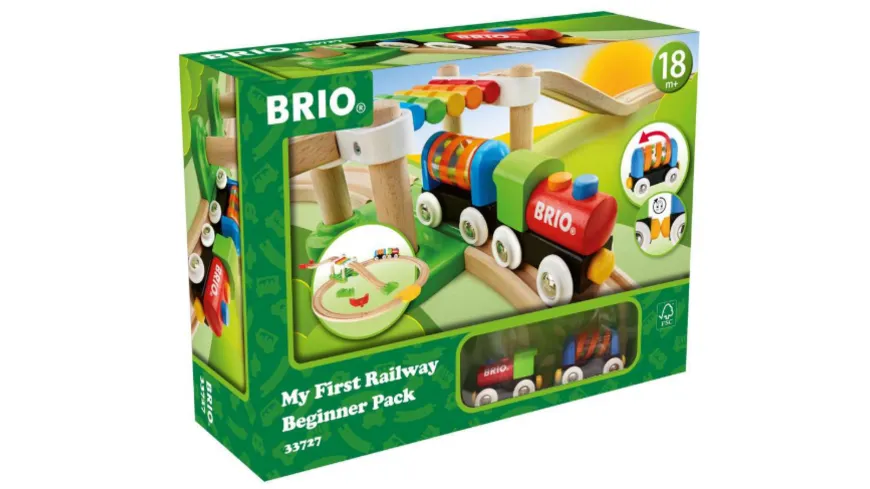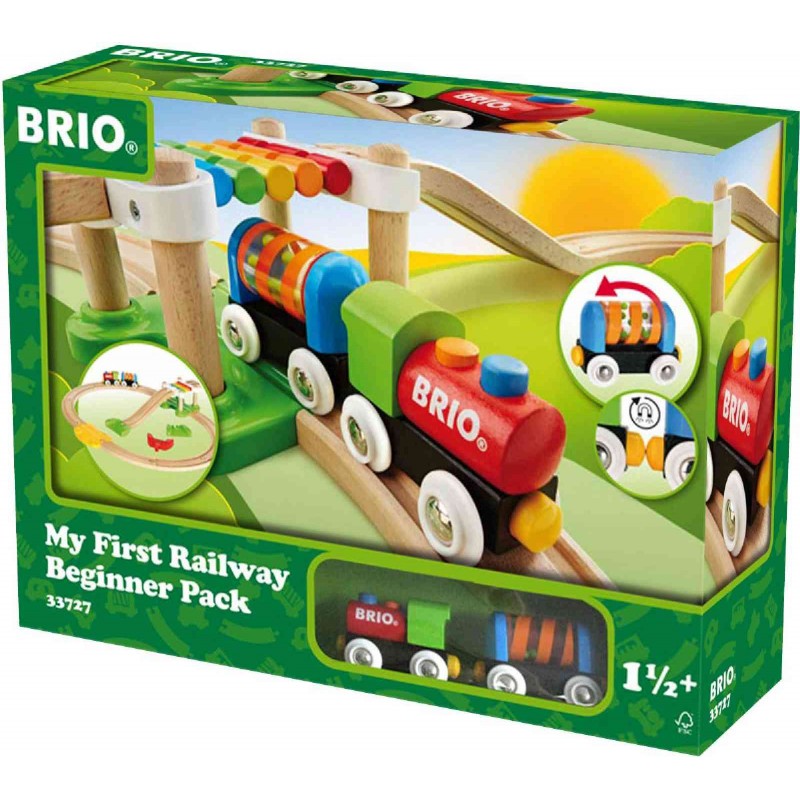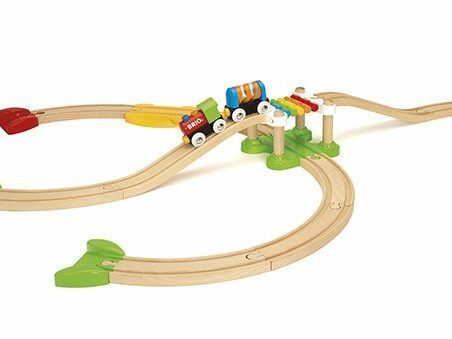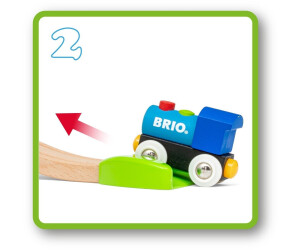
Amazon.com: BRIO My First Railway – 33727 Beginner Pack | Wooden Toy Train Set for Kids Age 18 Months and Up : Everything Else

Amazon.com: BRIO My First Railway – 33727 Beginner Pack | Wooden Toy Train Set for Kids Age 18 Months and Up : Everything Else

Amazon.com: BRIO World – 36025 Rescue Team Train Set | 44 Piece Wooden Train Set Toy for Kids Age 3 Years Up Multicolor : Toys & Games

BRIO World 33727 Mein erstes Bahn Spiel Set - Zug mit Waggon, Schienen & Hängebrücke für Kleinkinder Einsteiger-Set empfohlen ab 18 Monaten & Bahn 33402 - Mittleres Schienensortiment: Amazon.de: Spielzeug

BRIO Bahn 33705 - Mein erste Batterielok & Bahn 33707 - Mein erstes Glockensignal: Amazon.de: Spielzeug

